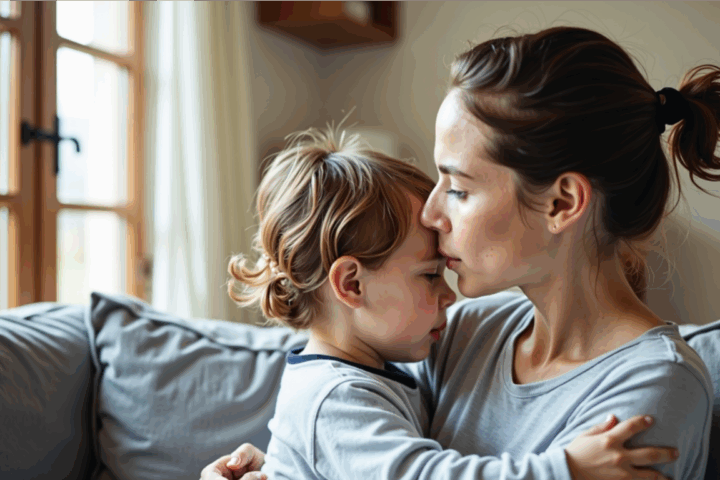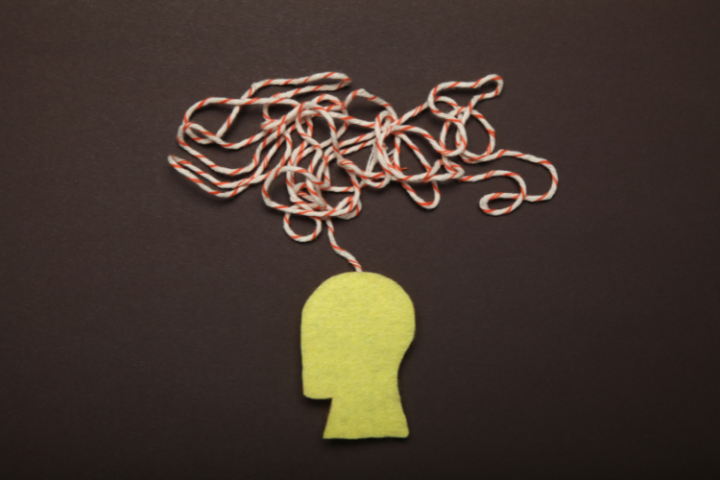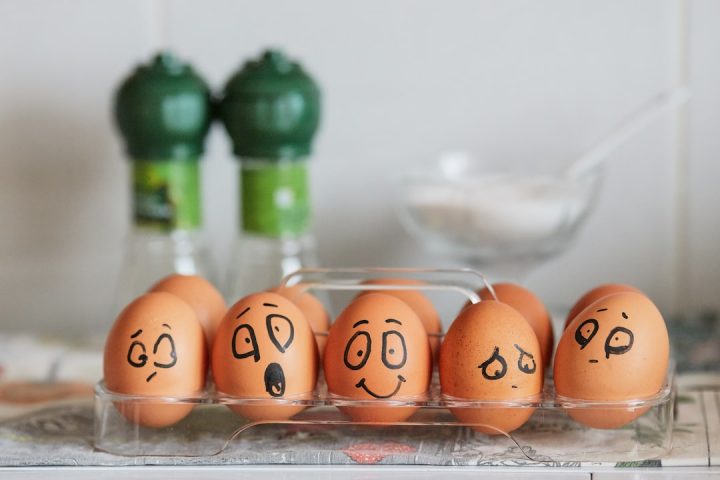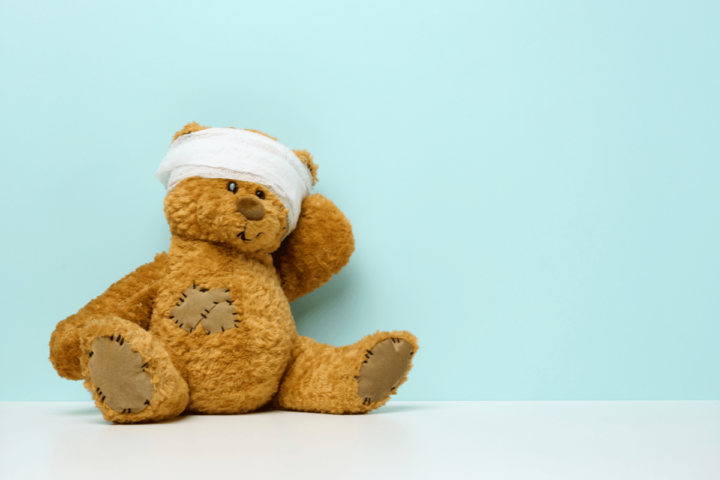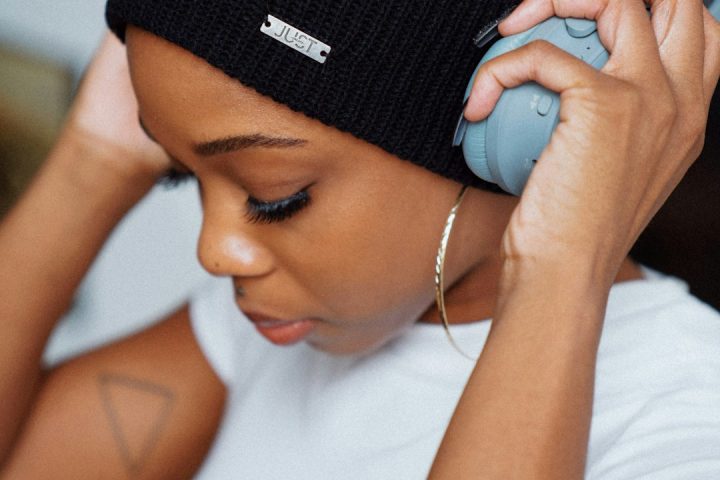Anxiety isn’t just in your head—it lives in your body, too. And sometimes, it shows up in sneaky ways: a racing heart after a protein bar, a pit in your stomach after a glass of wine, or those 2 a.m. wide-awake moments you can’t trace to anything “logical.”
So, let’s talk about the relationship between anxiety and food.
What if your nervous system isn’t overreacting… but responding? What if some of the foods you’re consuming are triggering your internal alarms?
Below are five common culprits that can quietly stir up anxiety symptoms—plus what to try instead, from a somatic, compassionate, and neuroscience-informed lens.
1. Caffeine (Especially on an Empty Stomach)
Your heart races, your breath shallows, and suddenly, you’re replaying that awkward conversation from last week. Sound familiar?
Caffeine spikes cortisol, your body’s primary stress hormone. It can nudge your nervous system out of its window of tolerance, especially if you’re already sensitized by chronic stress, trauma, or poor sleep. Drinking it on an empty stomach? That’s like lighting a match in dry brush.
Try this instead: Swap your second (or third) cup of coffee for a warm mug of roasted dandelion tea or adaptogenic mushroom coffee with reishi or ashwagandha—gentle support without the buzz.
2. Alcohol
That evening glass of wine might feel like it helps you “wind down,” but here’s the twist: alcohol suppresses REM sleep and disrupts your neurotransmitters. You may fall asleep fast, but wake up at 3 a.m. with your mind racing.
This post-drink anxiety—sometimes called “hangxiety”—happens because alcohol taxes your GABA and serotonin levels. Over time, it can dysregulate your entire stress response system.
Alcohol is essentially a poison that affects virtually every organ in our body with irreversible consequences.
Try this instead: If you want something soothing at the end of the day, try magnesium-rich golden milk or a chamomile and lavender tea blend. Bonus: they support nervous system repair.
3. Refined Sugar (and Blood Sugar Spikes)
Your nervous system is deeply impacted by your blood sugar. Spikes followed by crashes can feel like mood swings, panic, irritability, or overwhelm—even if you don’t consciously connect the dots.
Many people with anxiety are unknowingly riding a daily blood sugar rollercoaster, especially when skipping meals or grabbing sugary snacks on the go.
Try this instead: Anchor your meals with protein, fat, and fiber. Snack on almond butter with apple slices, hard-boiled eggs, or hummus with veggies to support steadier energy and mood.
4. Trans Fats & Ultra-Processed Foods
Foods high in trans fats and industrial seed oils—think margarine, fast food fries, and many packaged snacks—contribute to systemic inflammation, which has been linked to depression and anxiety in multiple studies.
They also impair brain function and gut health, two key players in emotional regulation.
Try this instead: Opt for anti-inflammatory fats like extra virgin olive oil, avocado, wild-caught salmon, flax, and walnuts. Your brain thrives on these.
5. Gluten (for Sensitive Individuals)
You don’t have to have celiac disease to be reactive to gluten. Some people experience what’s known as non-celiac gluten sensitivity, and symptoms can include brain fog, fatigue, and anxiety.
One study in the Journal of Psychiatric Research found that gluten exposure in sensitive individuals could increase anxiety-related symptoms within hours.
Try this instead: Test a 2-3 week gluten elimination and track how your body and mind feel. There are plenty of nourishing swaps: quinoa, buckwheat, brown rice, and almond flour all make excellent alternatives.
If you recognize yourself in any of the above, you’re not “too sensitive.”
Your body may be protecting you in the only way it knows how—by sounding the alarm. These dietary changes aren’t about restriction or perfection. They’re about resourcing your nervous system.
Sometimes, food is part of the picture. And sometimes, what you’re feeling points to deeper roots: early attachment patterns, unprocessed trauma, or protective parts stuck in overdrive. But whatever the cause, anxiety and food are deeply connected.
Therapy can help.
If you’re ready to explore a holistic path to healing—where what you eat, how you feel, and who you are are all welcomed into the conversation—reach out. I’d be honored to support you.
For more support with regulating your anxiety, contact me today to begin your healing journey.
Share this with someone you know who struggles with anxiety. We’re all in this together.


